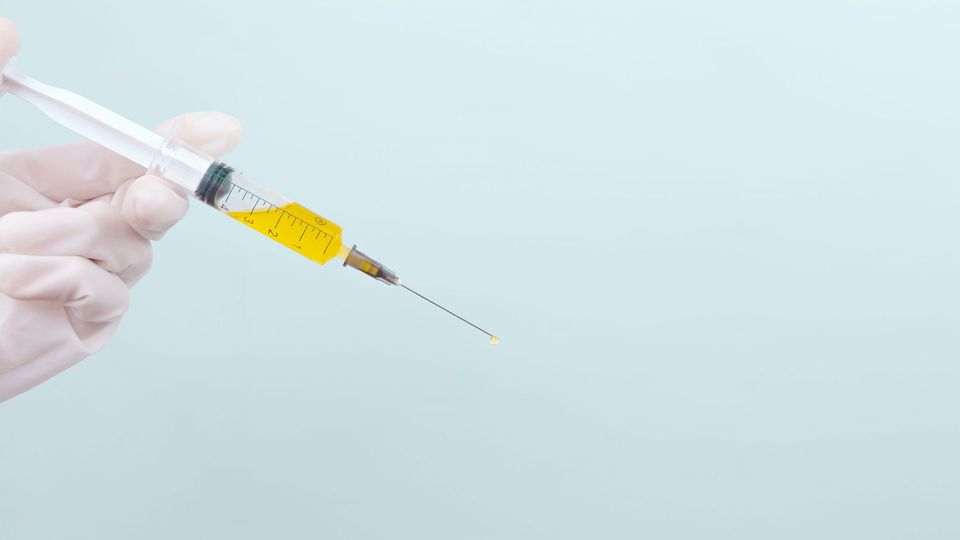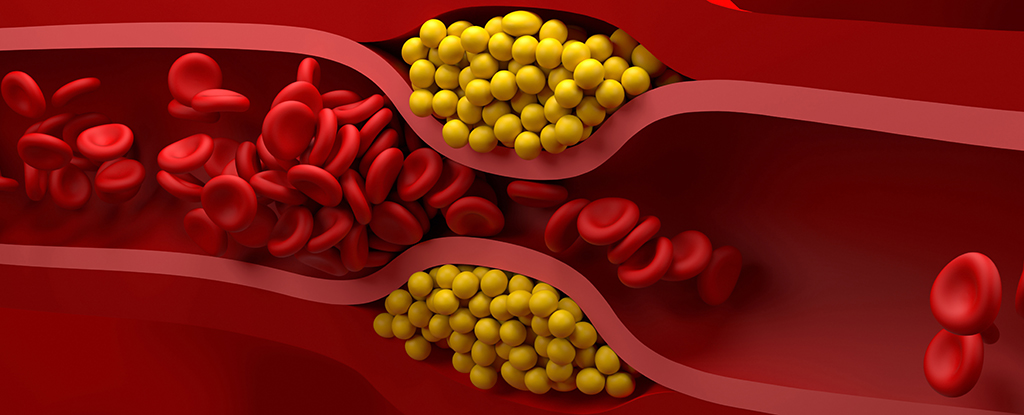High cholesterol is increasingly prevalent among adults in the US, affecting nearly 2 in 5 individuals. A promising new vaccine under development aims to effectively and affordably lower levels of ‘bad’ cholesterol in the body.
This harmful cholesterol, known as low-density lipoproteins (LDLs), can lead to arterial blockages that diminish oxygen flow to the heart or cause blood clots resulting in strokes.
Researchers from the University of New Mexico and the University of California, Davis, led a team that successfully reduced LDL levels in mice and monkeys by targeting a protein called proprotein convertase subtilisin/kexin type 9 (PCSK9), which plays a crucial role in regulating LDLs.
“The vaccine is based on a non-infectious virus particle,” explains molecular geneticist Bryce Chackerian from the University of New Mexico. “It utilizes the virus shell to develop vaccines against various targets.”
Liver cell receptors normally regulate LDL levels safely, but excessive PCSK9 can impair these receptors, reducing their effectiveness and increasing circulating bad cholesterol levels.

Factors such as genetics and diet influence PCSK9 production. The vaccine utilizes small portions of PCSK9 combined with the non-infectious virus particle to stimulate an immune response that targets and neutralizes PCSK9.
In tests, the vaccine demonstrated the ability to reduce bad cholesterol by up to 30 percent, comparable to current PCSK9 inhibitors but potentially more cost-effective.
“We aim to develop an approach that is more affordable and broadly applicable, beyond the United States to places with limited resources for expensive therapies,” notes Chackerian.
While human trials are the next step after a decade of development, significant study and funding are necessary.
The goal is to introduce the vaccine within the next decade, potentially reducing the staggering global toll of nearly 18 million deaths annually from cardiovascular disease.
“We anticipate having a vaccine ready for human use within the next 10 years,” Chackerian concludes, highlighting the promising potential of this innovative approach to combat high cholesterol effectively and affordably.
